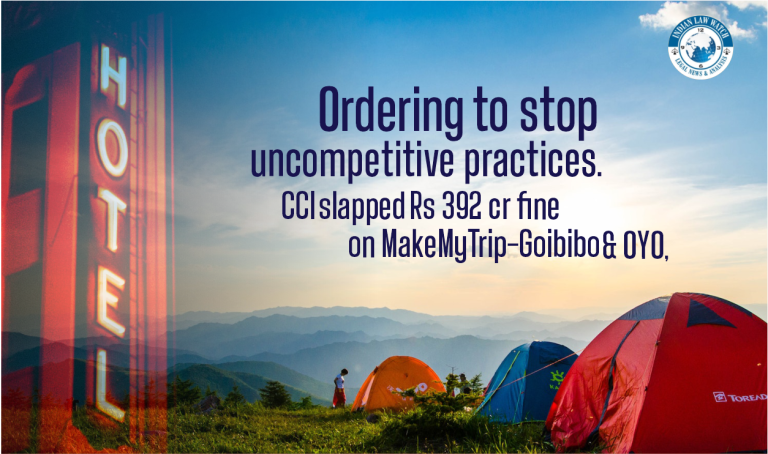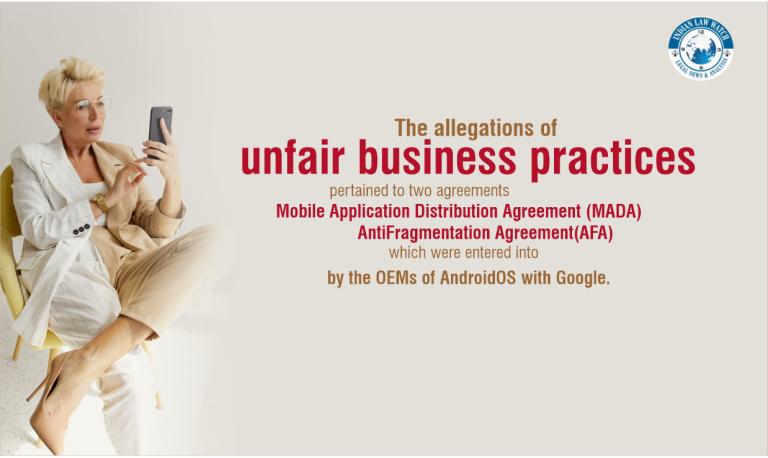
The CCI told the Delhi High Court that WhatsApp’s updated privacy policy of 2021 has not been withdrawn and its probe concerning the policy should be allowed to proceed.
The Competition Commission of India (CCI) Monday told the Delhi High Court that WhatsApp’s updated privacy policy of 2021 has not been withdrawn and its probe concerning the policy should be allowed to proceed.
The CCI also said the scope of its inquiry has no overlap with the issue of an alleged infringement of user privacy pending before the Supreme Court.

-
The submissions were made by CCI before a bench headed by Chief Justice Satish Chandra Sharma on appeals by WhatsApp LLC and Facebook Inc against a single-judge order dismissing their challenge to the probe ordered by the CCI into the instant messaging platform’s updated privacy policy. The bench, also comprising Justice Subramonium Prasad, reserved an order on the appeals after hearing the concerned parties.
-
In January last year, CCI on its own had decided to look into WhatsApp’s updated privacy policy based on news reports regarding the same.
-
WhatsApp and Facebook had subsequently challenged before the single judge CCI’s March 2021 order directing a probe against them, saying that the issue concerning its new policy was already pending consideration before the high court and the Supreme Court.
-
The single judge on April 22 last year had, however, refused to interdict the investigation directed by the CCI.
-
Additional Solicitor General (ASG) N Venkataraman, appearing for CCI, argued that the CCI probe into the privacy policy– which is “still in place and functional” — should not be deferred any further to await the decision of the Supreme Court, especially in the absence of any stay on the single judge order, and asserted that the messaging platform was still issuing a “pop up” seeking the consent of users who are yet to accept the updated policy.
-
“Judicial process cannot be used to thwart investigation . (Pendency of privacy issue before Supreme Court) cannot automatically obviate competition law concerns. There is no overlap in facts. We should be allowed to investigate. There is no overlap in law,” he argued
-
The ASG said that the infraction on the competition law front may still be happening as there are users who have opted for the policy update and for non-withdrawal period, the policy has to be examined.”
-
ASG Balbir Singh, also appearing for CCI, defended the initiation of a probe against Facebook as well in connection with WhatsApp’s privacy policy, saying that the former is the holding company of the messaging platform and it can potentially exploit the data being shared.
-
ASG Venkataraman contended that the outcome of the Supreme Court proceedings would have no bearing on the proceedings under competition law which concerns the abuse of dominant position by a market player. He also said that unless there is a lack of jurisdiction or malafides or arbitrariness, the CCI probe cannot be stalled.
-
Counsel Tejas Karia, appearing for WhatsApp, said that the status quo was being maintained for users who have not opted for the policy update and the CCI probe should be deferred in view of the validity of the privacy policy being tested before the Supreme Court and the high court.
-
Last week, senior advocate Harish Salve, representing WhatsApp, submitted that it was challenging CCI’s jurisdiction to probe a policy that has now been kept in abeyance and as the government was in the process to bring the Data Protection Bill.
-
Senior advocate Mukul Rohatgi, appearing for Facebook Inc –now Meta Platforms — had argued that there was not even prima facie material in the case and CCI cannot investigate it in a creeping fashion.
-
While dismissing the petitions against the CCI probe, the single judge had opined that although it would have been “prudent” for the CCI to await the outcome of petitions in the Supreme Court and the Delhi High Court against WhatsApp’s new privacy policy, not doing so would not make the regulator’s order “perverse” or “wanting of jurisdiction”.
CCI had argued before the single judge that the new privacy policy of WhatsApp would lead to excessive data collection and “stalking” of consumers for targeted advertising to bring in more users and is, therefore, alleged abuse of dominant position.
Source : Business Standard






